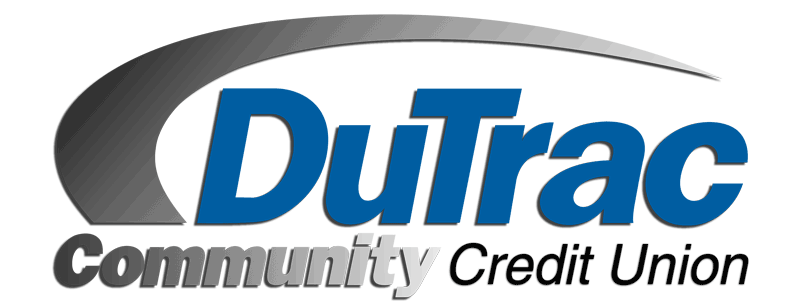Credit is an important financial tool. Good credit allows consumers to purchase many different kinds of goods and services including some of the most expensive such as college tuition, new vehicles or even a home, without having to immediately pay cash. Over time, consumers use of credit builds consumers’ credit reputations – summarized in a credit report – used by most employers, landlords, future lenders and other businesses when giving consideration about consumers’ creditworthiness in relation to career choices, purchasing ability, leasing and repayment risk. Credit can be dangerous is misused. Some consumers make the mistake of viewing credit as a license to spend. Unfortunately, poor spending decisions can leave consumers deeply in debt and damage their credit reputations for years.
Practice Healthy Credit Habits
The following healthy credit habits can improve credit reputations:
- Establish and follow a budget. Following a budget can eliminate the risk of increasing debt.
- Pay bills on time. Do not skip payments.
- Pay off credit cards in full each month. If unable to pay off a credit card balance, pay off as much of the balance as possible, starting with those balances with the highest interest rates, thereby keeping balances and associated interest costs as low as possible.
- Only apply for the amount of credit needed. Applying for and accepting every credit promotion can actually hurt a credit reputation.
- Keep all financial data in a secure and safe place to reduce the risk of identity theft.
- Keep receipts and compare charges to billing statements. If there is a discrepancy, contact the credit card provider immediately.
Credit Reports
A credit report is a business document used by almost everyone including employers, lenders, landlords, insurers and other businesses to evaluate and make credit extension decisions – a consumer’s creditworthiness. Creditworthiness is summed up in a single score called a credit score. The higher the score the better the creditworthiness. A credit report is a record of payment history with creditors and reflects the following:
- How much a consumer’s accessible credit is being used;
- How a consumer pays off any debts;
- Credit inquiries; and
- Information related to bankruptcies or federal income tax liens.
Consumers can request annually a free credit report to confirm its accuracy along with any changes that may indicate fraudulent activity.
In addition to a consumer’s credit report, creditors may look at a credit score, a three-digit numerical summary of your credit report. Best (the lowest) borrowing rates are extended to those with the highest credit scores.
Credit Responsibilities of Consumers
Upon receipt of a free credit report consumers have a responsibility to review it and act on any errors found.
Understand the entries on a credit report. Each reporting agency’s credit report contains the following information:
- How long an account has been tracked;
- This highest amount charged;
- The account balance at the time of the report; and,
- The type of account.
Ensure your credit report is accurate. Common errors include incorrect personal information, missing information or occasionally, inaccurate information.
Report errors. The credit reporting agency must investigate the items in questions – usually within 30 days – unless they determine that the dispute clearly lacks merit.
Retain a written account of errors or discrepancies. If an investigation does not resolve the dispute to your satisfaction, consumers have a right to add a statement to the credit report file contesting the accuracy or completeness of the disputed information.
Being in debt isn’t fun, but there is relief. To obtain help in building a plan to get out of debt, or to reduce existing debt, please contact one of DuTrac’s financial services consultants for guidance either by stopping by one of DuTrac’s conveniently located offices or by calling 800.475.1331.
Source: The USAA Educational Foundation.

